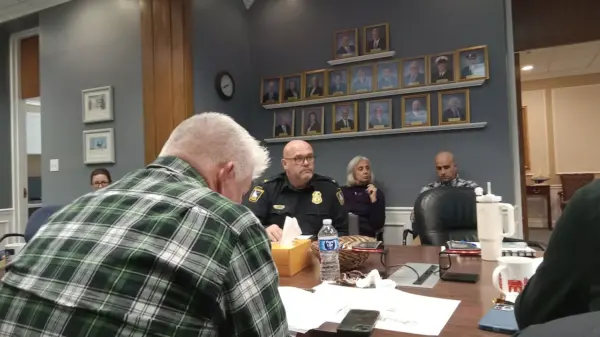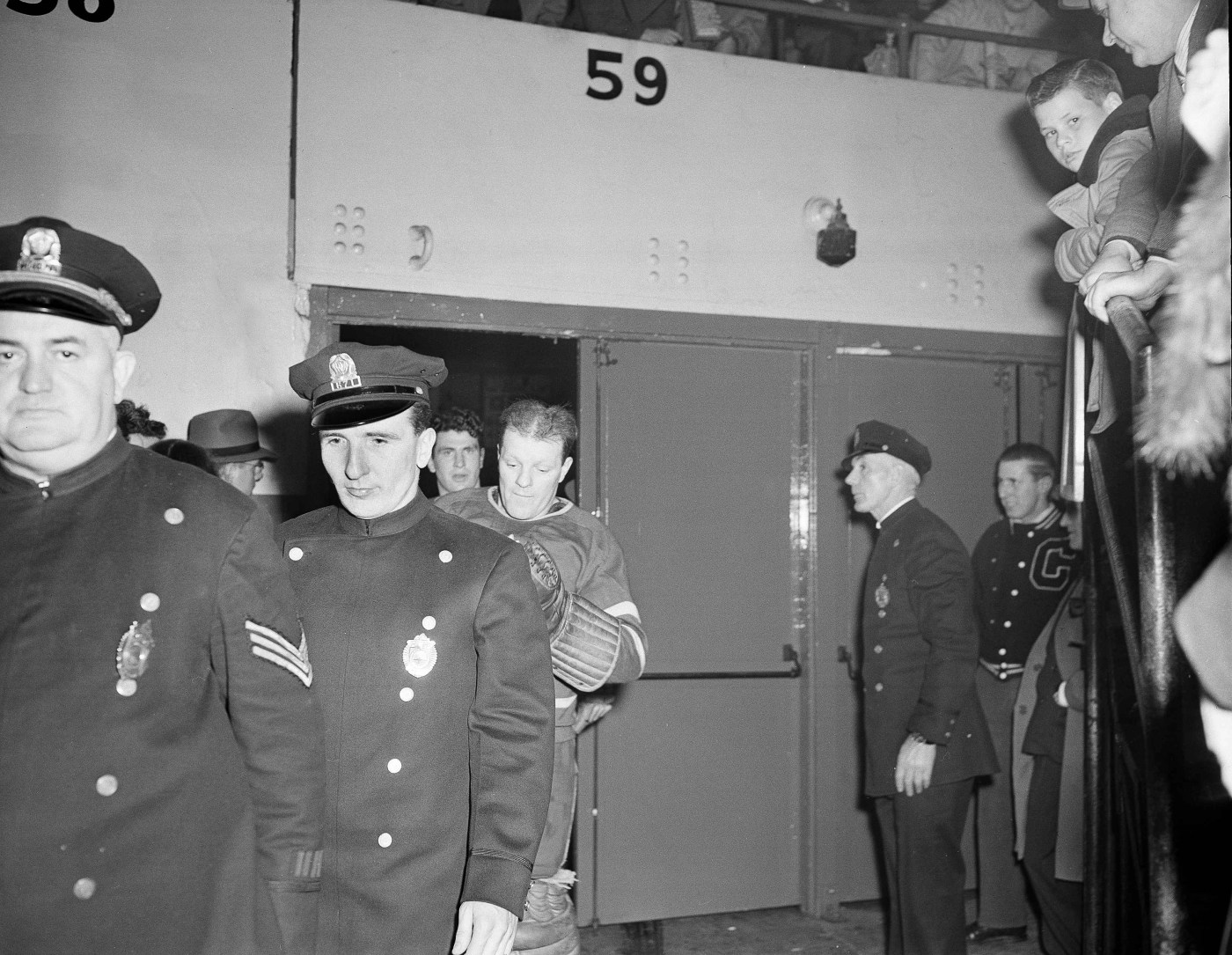URGENT UPDATE: On this day, September 9, 1919, over 1,100 members of Boston’s police force launched a historic strike, shaking the foundations of law enforcement in the city. This unprecedented move by the 1,500-member police force was swiftly met with intervention from Massachusetts Governor Calvin Coolidge, who deployed replacement officers to restore order.
The strike was primarily a response to poor working conditions and inadequate pay, sparking widespread public concern and debate over police rights and labor relations. The implications of this strike not only altered the landscape of policing in Boston but also influenced labor movements across the United States.
Today’s date also marks significant historical events: In 1776, the Continental Congress adopted the name “United States of America,” officially establishing the nation. Fast forward to 1957, when President Dwight D. Eisenhower signed a landmark civil rights bill aimed at protecting voting rights, establishing a Civil Rights Division within the Justice Department.
In 1971, a dramatic standoff occurred at the Attica Correctional Facility in New York, where inmates took control, demanding significant reforms in prison conditions. More recently, on September 8, 2022, King Charles III delivered his inaugural speech as monarch, affirming his commitment to serve in the spirit of his late mother, Queen Elizabeth II.
As we reflect on these pivotal moments in history, today’s September 9 also celebrates the birthdays of notable figures, including singer Dee Dee Sharp (80), former NFL quarterback Joe Theismann (76), and actor Adam Sandler (59), among others.
This historical context serves as a reminder of the ongoing struggle for labor rights and social justice, highlighting the importance of understanding our past to navigate the future.
Stay tuned for further developments as we delve deeper into the impact of this significant strike and its relevance in today’s discussions on policing and labor rights.



































































